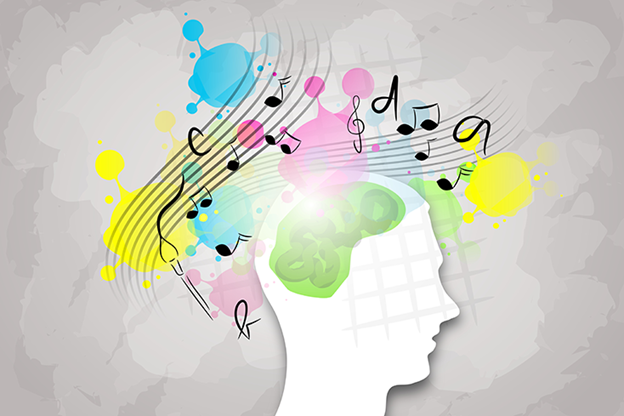 by Dr. Alexander Yang, PGY-1
by Dr. Alexander Yang, PGY-1
"I forgot how much I loved singing."
I was going through my usual pre-round routine: checking out from the night team, printing out pre-rounding reports, reviewing vitals, labs, and consultant’s notes, when this line from a music therapy note broke my usual auto-pilot routine. “I forgot how much I loved singing.” I was struck by the patient’s picture buried in the small box in the corner of the chart. She was unrecognizable from the patient I met during this admission. Gone was the healthy, jubilant, smiling figure in the picture, replaced by a gaunt, cachexic shell of a body that remained after multiple rounds of chemotherapy.
Over the week that the patient was admitted, I poured into past oncology admissions and clinic visit notes to gain insight into her disease- molecular markers, chemotherapy regimens, and numerous scans. I thought I knew the patient backward and forwards. I took pride in how her “one-liner” rolled off the tongue on rounds after a week of repeating it.
What I really only knew was a tiny snippet of her colorful life. All it took was a note not from any physicians, physical therapists, pharmacists, and nurses but a single music therapy note reminding me that the patient I was taking care of was beyond just the mere cell receptors of her cancer. Her diagnosis did not define her as a person.
With this new understanding of my patient, I grabbed my pre-rounding sheets before heading to see her. As I entered the room, I realized her once anxiety-ridden face was gone, replaced by a bright smile remnant of her profile picture all those years ago. She was calmer now than after any of the opioids and any anxiolytics we’ve had given her. If laughter is the best medicine, music is a close second.
As physicians, we’re trained extensively in pathophysiology, prevention, and treatment of disease, but our ability to view the patient as a human being and not a mere “one liner” is what makes us more than algorithmic machines. Sometimes it’s not the medicines we give that make the biggest impact on the patient but our ability to humanize their disease.